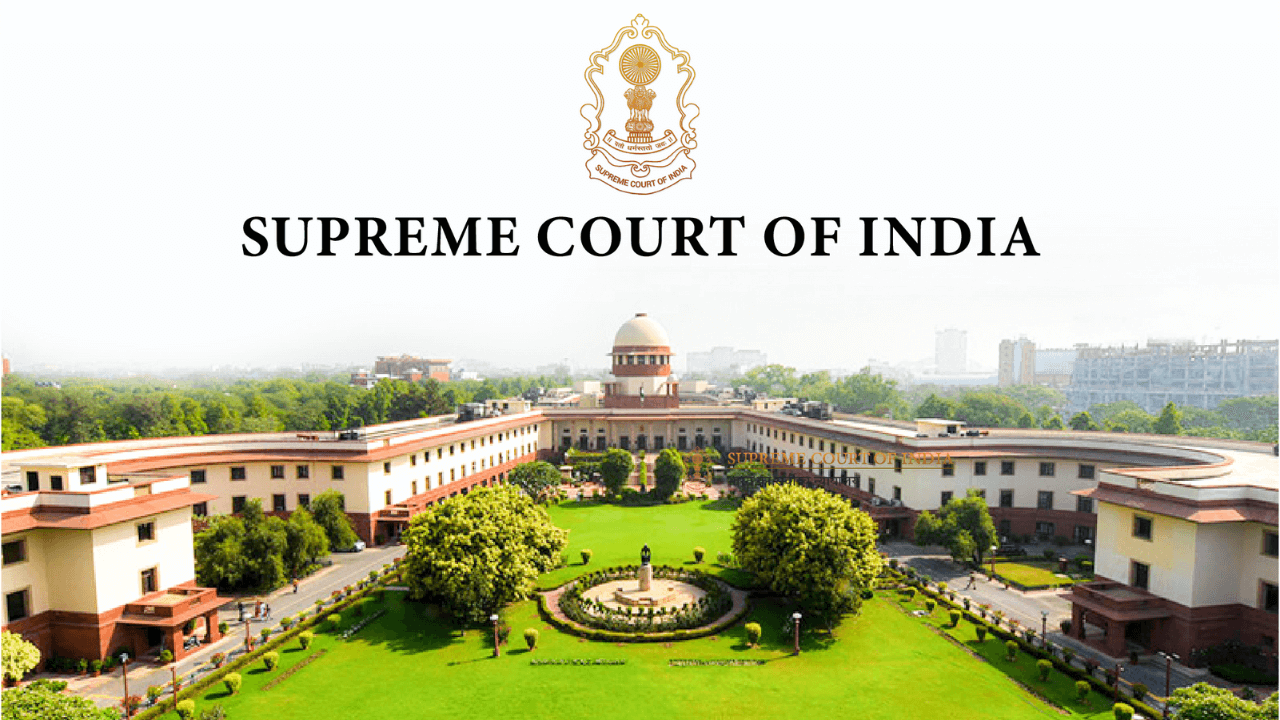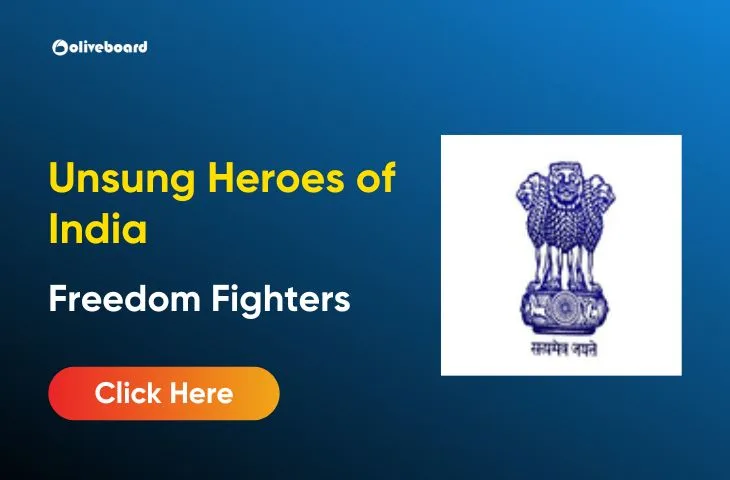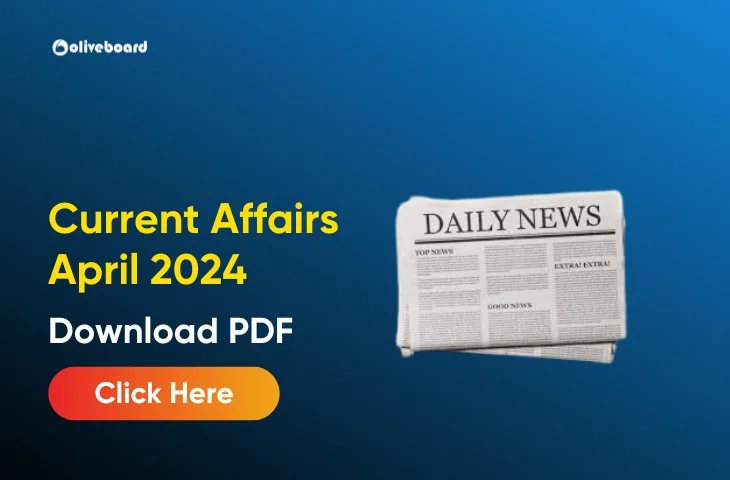On 16 October, the Supreme Court took a significant step by referring the petitions challenging the 2018 Electoral Bonds Scheme to a Constitution Bench composed of five judges. Chief Justice of India D Y Chandrachud, who led a three-judge bench, made this announcement during the mentioned hours, which is the time designated for addressing urgent matters before the court.
The Chief Justice explained, “Considering the significance of the matter in question and in accordance with Article 145(4) of the Constitution of India, it is appropriate to have a bench of at least five judges handle this case.”
What is an Electoral Bond?
Electoral bonds are a type of financial instrument that can be used to donate money to political parties in India. They are issued by a notified bank after obtaining a clearance from the Election Commission of India (ECI). Electoral bonds are bearer instruments, which means that they can be cashed by anyone who holds them.
Electoral bonds were introduced in the Union Budget 2017-18 as an alternative to cash donations to political parties. The government argued that these bonds would increase transparency and reduce the use of black money in political funding.
How to purchase Electoral Bonds?
- Electoral bonds can be purchased from designated branches of the State Bank of India (SBI) for a period of 10 days in each quarter.
- The bonds are available in denominations of Rs. 1,000, Rs. 10,000, Rs. 1 lakh, Rs. 10 lakh, and Rs. 1 crore.
- To purchase an electoral bond, the donor must provide their name, PAN number, and address.
- The donor must also declare that they are not a government company or a foreign company.
- Electoral bonds can be redeemed by political parties within 30 days of purchase. The bonds can be redeemed at any branch of the SBI.
- The ECI has set a limit on the number of electoral bonds that a political party can redeem in a financial year.
- The limit is Rs. 20 crore for national parties, Rs. 10 crore for state parties, and Rs. 5 crore for regional parties.
Electoral bonds have been criticized for a number of reasons. Critics argue that the bonds have made political funding more opaque, as it is difficult to track who is donating money to political parties. Critics also argue that electoral bonds have made it easier for corporations and foreign companies to donate money to political parties, which could lead to corruption and undue influence.
Electoral Bonds Case
The Supreme Court is currently dealing with a set of petitions, including those filed by two NGOs, Common Cause and the Association for Democratic Reforms (ADR), as well as by Congress leader Jaya Thakur and the CPI(M), all challenging the 2018 Electoral Bonds Scheme.
Government’s Stance
While the government has described the scheme as a significant step toward electoral reform, ensuring transparency and accountability, the petitioners argue that it undermines transparency in political funding. They point out that the scheme allows political parties to avoid disclosing their annual contribution reports to the Election Commission of India (ECI) and the identities of donors who use Electoral Bonds.
In April 2019, a three-judge Supreme Court bench issued an interim order, directing political parties that received donations through Electoral Bonds to promptly submit details of these bonds to the ECI.
SC’s Earlier Order
Despite dismissing a request to halt the sale of new bonds in March 2021, the Supreme Court disputed the petitioner’s claim of “complete anonymity” of bond purchasers. The court emphasized that the scheme’s operations are not shrouded in impenetrable secrecy.
The court noted that bonds had been issued without hindrance in 2018, 2019, and 2020 and had already ordered certain safeguards through its interim order in April 2019. Additionally, the court highlighted that the ECI had received information about contributions received through bonds following the April 2019 order.
The Supreme Court has expressed uncertainty about the extent to which the allegation that the scheme allows complete anonymity in political party financing by domestic and foreign corporate entities is valid at this stage.
- Weekly Current Affairs 2025 PDF For Bank, SSC, UPSC Exams
- Unsung Heroes of India: 10 Unknown Freedom Fighters You Should Know
- 26 December Current Affairs 2023 in English
- Daily Current Affairs 2025, Check Today’s Current Affairs
- April Month Current Affairs 2024, Download PDF
- June Month Current Affairs 2024, Download PDF

Hello, I’m Aditi, the creative mind behind the words at Oliveboard. As a content writer specializing in state-level exams, my mission is to unravel the complexities of exam information, ensuring aspiring candidates find clarity and confidence. Having walked the path of an aspirant myself, I bring a unique perspective to my work, crafting accessible content on Exam Notifications, Admit Cards, and Results.
At Oliveboard, I play a crucial role in empowering candidates throughout their exam journey. My dedication lies in making the seemingly daunting process not only understandable but also rewarding. Join me as I break down barriers in exam preparation, providing timely insights and valuable resources. Let’s navigate the path to success together, one well-informed step at a time.






